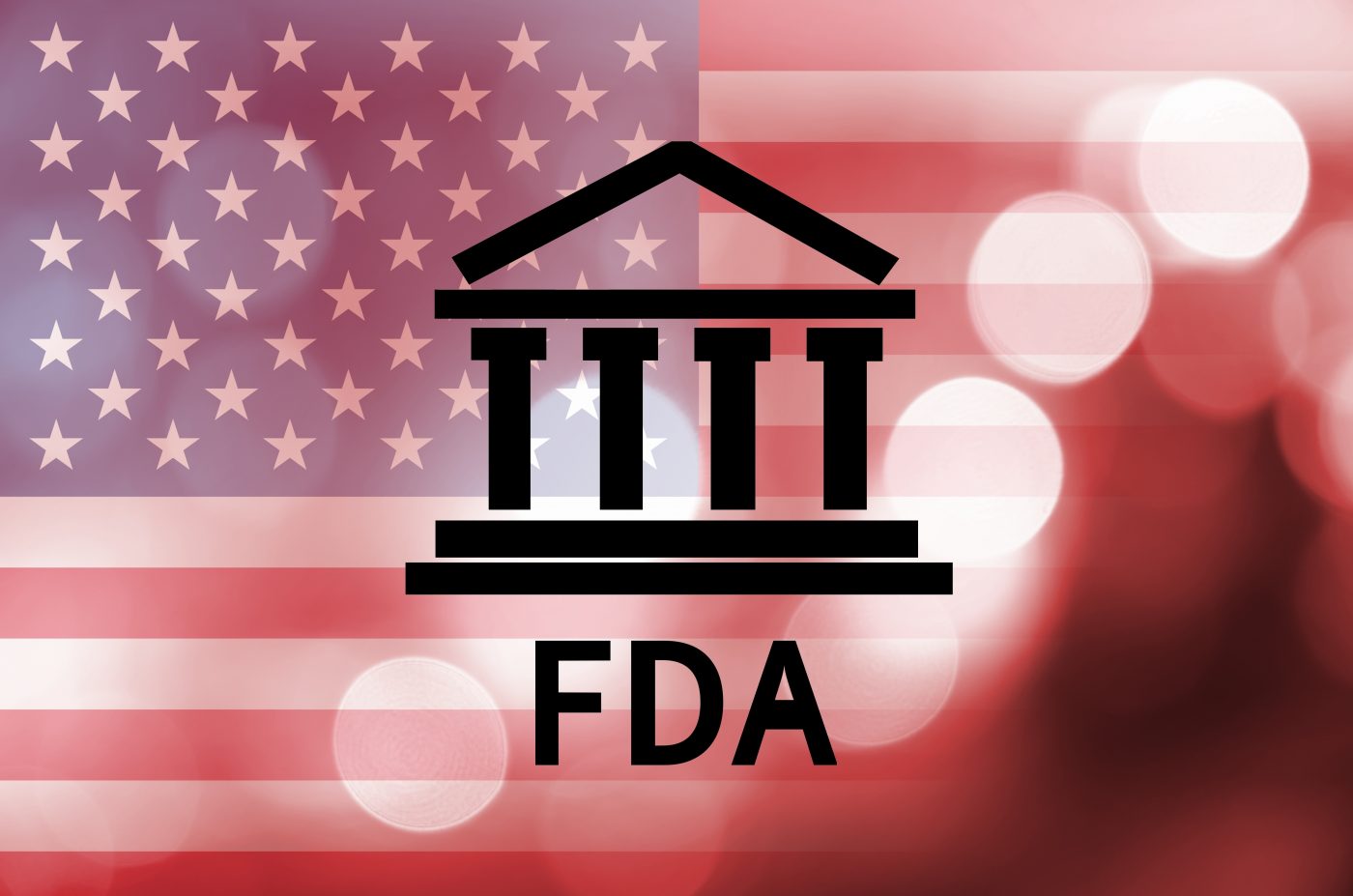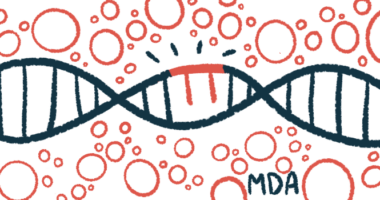LION-101 Gene Therapy for Rare MD Type Now on FDA Fast Track

g0d4ather/Shutterstock
The U.S. Food and Drug Administration (FDA) has granted fast track designation to LION-101, an investigational gene therapy that Asklepios BioPharmaceutical (AskBio) is developing as a treatment for limb-girdle muscular dystrophy type 2I/R9 (LGMD2I/R9).
This designation is given to therapies designed to fill an unmet need in medical care for serious conditions, with the overall aim of getting treatments to patients more quickly. The designation confers certain benefits, including more frequent meetings with the FDA to discuss therapy development, and the potential for additional regulatory designations if relevant criteria are met.
“The FDA fast track designation for LION-101 is an important step for the development of this program and is a clear recognition of the profound burden faced by LGMD2i/R9 patients,” Sheila Mikhail, CEO and co-founder of AskBio, said in a press release.
Earlier this year, the FDA cleared AskBio to launch a Phase 1/2 clinical trial to test the safety, tolerability, and efficacy of LION-101 in adults and adolescents with LGMD2I/R9. Participants in the trial will receive a single intravenous (into the bloodstream) infusion of the investigational gene therapy.
The trial is expected to start dosing participants in the first half of next year.
“We look forward to initiating clinical trials with this novel therapy, and we hope to bring a new therapeutic option to patients and families in the LGMD2I/R9 community who live with this devastating disease,” Mikhail said.
LGMD2I/R9 is a type of limb-girdle muscular dystrophy caused by mutations in a gene called FKRP. In people with this form of muscular dystrophy, symptoms — such as difficulty walking — usually appear in late childhood and gradually get more severe over time.
People with LGMD2I/R9 typically require a wheelchair to get around within 23–26 years of symptoms starting, and there is no current treatment that modifies the progression of the disease, according to AskBio, a subsidiary of Bayer AG.
LION-101 is designed to deliver a non-mutated version of the FKRP gene to the body’s cells. The therapy uses a specifically engineered viral vector called a recombinant adeno-associated virus, which is commonly used in gene therapies because it does not usually cause serious illness, does not replicate in the body like normal viruses do, and is relatively easy to manipulate in laboratory conditions.







